How do states compare in the percentage of degrees that are S&E degrees?
Science and engineering degrees as a percentage of higher education degrees conferred, by state: 2011
- Notes:
- Degrees include bachelor’s, master’s, and doctoral degrees. Associate’s degrees are not included.
- Science and engineering (S&E) includes biological/agricultural sciences, physical sciences, computer sciences, mathematics/statistics, engineering, psychology, and social sciences. Physical sciences = chemistry, physics, astronomy, and earth/ocean/atmospheric sciences.
Nearly 734,000 S&E bachelor’s, master’s, and doctoral degrees were conferred nationwide in 2011, an increase of 41% since 2001. The proportion of S&E degrees as a share of total degrees conferred in 2011 (29.3%) was about the same as in 2001 (29.6%).
Key Observations
- Six states each produced more than 30,000 S&E bachelor’s, master’s, and doctoral degrees in 2011, together accounting for 40% of all S&E degrees conferred nationwide: California (91,643), New York (59,701), Texas (42,413), Pennsylvania (37,253), Florida (32,260), and Illinois (30,855). The S&E share of total degrees in these states ranged from 26% (Illinois) to 38% (California).
- In 2011, 21 states and the District of Columbia (DC) exceeded the national S&E average of 29%: Wyoming and DC (41%); Vermont (39%); California (38%); Alaska and Maryland (37%); Maine, Montana, and Washington (34%); Colorado, Connecticut, New Jersey, and Virginia (33%); Hawaii, Massachusetts, Oregon, and South Dakota (32%); North Carolina (31%); Michigan, New Hampshire, Rhode Island, and Wisconsin (30%). The lowest S&E percentage was in Arizona (20%).
- Compared to 2001, the 2011 S&E share of degrees conferred varied by no more than 5 percentage points in any state. Nevada’s and Vermont’s S&E percentage increased by 5 and 4 points, respectively, between 2001 and 2011. The S&E percentage decreased by 4 points in Colorado, Kansas, and New Jersey.







 @NSF_NSB
@NSF_NSB NSB
NSB
